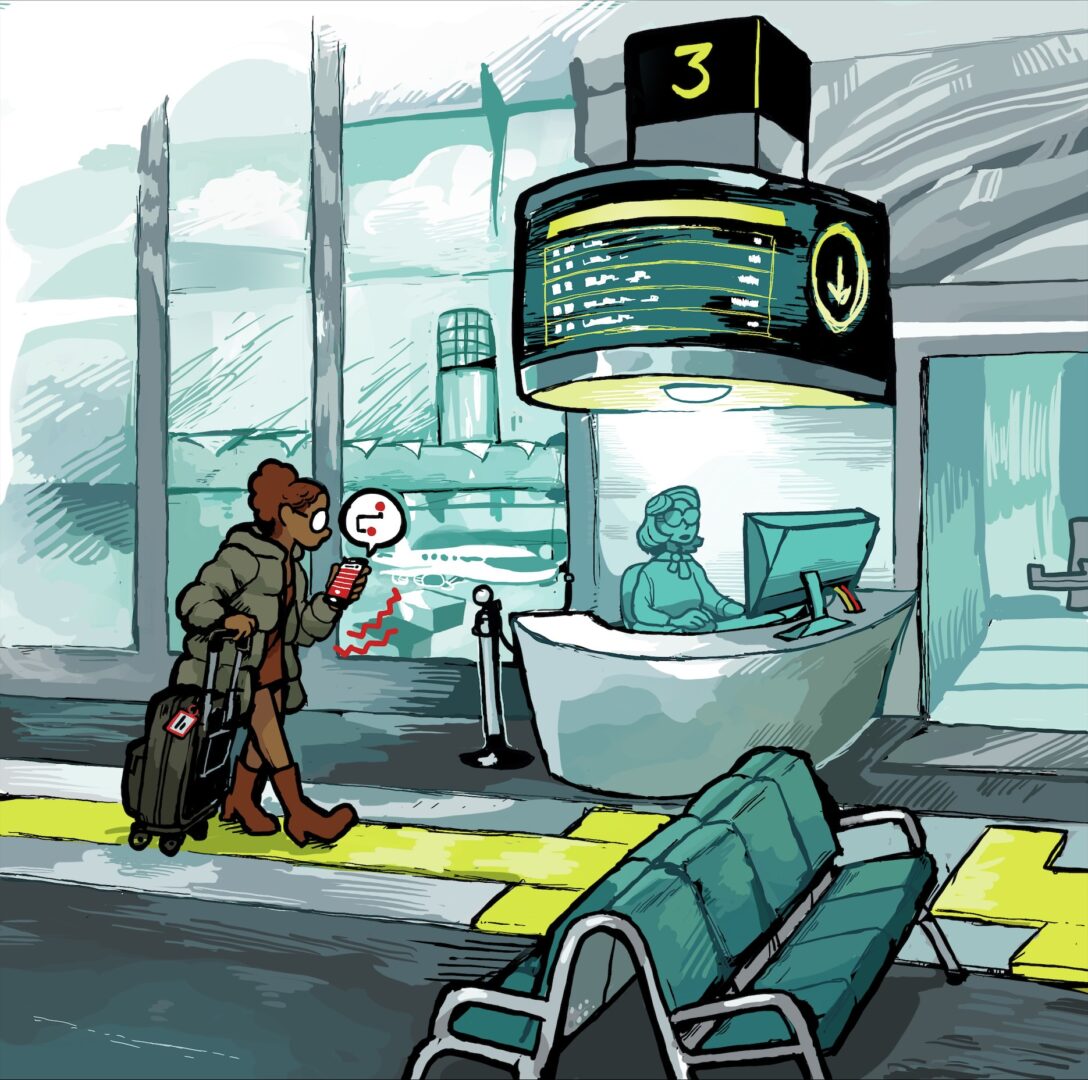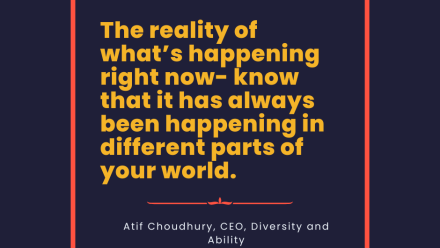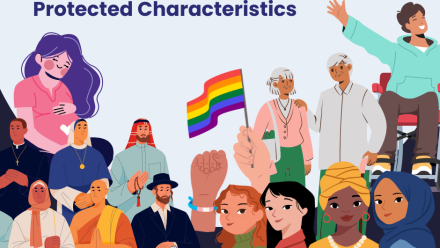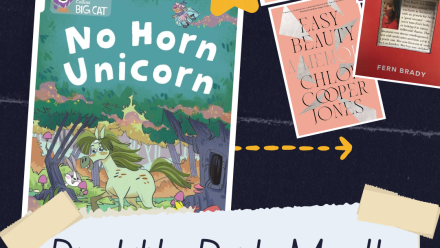I’m not ‘special’; I’m disabled and I need assistance: how the aviation industry’s inclusion efforts can reach new heights
12th December 2022 by Scarlett James
Language around disability has come a long way. Most people now avoid once-common euphemisms like ‘differently-abled’ and ‘challenged’. Why is it, then, that airlines and airports still talk about ‘special assistance’? And why does it matter?
Airlines and airports are in the news at the moment for failing to provide consistent accessibility and support for disabled travellers. Margaret Harrop was left stranded at Newcastle airport after ‘special assistance’ staff arrived late to the aircraft. Darwin airport failed to provide a ramp to board the aircraft for disabled traveller Brad Wszola. And eight-year-old Tony Hudgell was stuck for over five hours for his missing wheelchair, which then arrived damaged, as him and his family returned from a trip to Lapland.
These stories aren’t isolated incidents; they highlight a wide-scale lack of awareness in the aviation sector. And this lack of awareness is highlighted even in the simple fact that airlines and airports continue to use language like ‘special assistance’.
Access to air travel is an integral part of many peoples working and home lives. As we all know, flying is stressful already: “did I forget my passport? Do I have too many liquids?”. But for so many of us, there’s a monumental increase in stress as we consider whether we’ll be able to arrive safely, with our mobility aids, health and dignity intact.
Piers Wilkinson is Policy and Campaigns Lead in Diversity and Ability’s Inclusive Education Team. As part of their role, they often travel and occasionally need to travel by airplane. They reflected on their experiences flying to the USA this Summer:
“From the bruises from being dragged into almost every arm rest whilst using the aisle chairs, to the unexplained and uncommunicated humiliation of being roughly searched and swabbed publicly through every TSA checkpoint – I never once felt like I was being treated like I was also another human being.”
Airlines and airports should be going above and beyond to ensure that air travel is inclusive and accessible for disabled people.
Why is the word ‘special’ bad?
The UN disability inclusion guidelines explain:
“The term “special” used in relation to persons with disabilities is commonly rejected. It is offensive and condescending because it euphemistically stigmatises that which is different.”
This outdated language segregates disabled people and places a negative focus on the disability rather than celebrating difference.
At D&A, we operate on a celebratory model of disability; the next step on our understanding of disability.
What does this mean?
We go beyond the social model of disability.
A celebratory model of disability celebrates everyone as individuals with their own brilliant skill sets. It’s about making proactive adjustments to enable people so that everyone can thrive. And the language we use is a vital element of this.
As Disability Rights UK writes: “Language is an important part of the Social Model of Disability because language reflects the cultural assumptions and thinking of the society around us”.

Image credit: Sherm for Disabled and Here
What should airlines and airports do?
Make a commitment to updating your approach to accessibility.
Take steps to learn how to use inclusive language, creating a welcoming space when people fly and facilitating a cultural change that removes barriers to flying.
We deserve to see a world where disabled people can feel welcomed and safe flying, removing barriers and recognising that everyone has the same right to holiday, see family, study and work abroad without added stress.
Do you work in aviation? Want to learn how to make flying a more accessible experience? Here’s where to start:
- Let the world know you’re taking the first steps to improving your accessibility by making inclusive social media content – using this helpful guide we created with Digital Heritage.
- Keep up to date with the amazing work and research grassroot groups and organisations such as Allwheelsup are doing.
- Diversity and Ability can provide tailored, holistic support to meet you wherever you are on your journey to inclusion, and help you achieve your goals. Get in touch to learn how we could work together.
- Refer to the Civil Aviation Authority guidance on supporting people with hidden disabilities.


